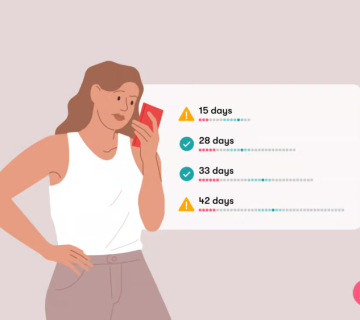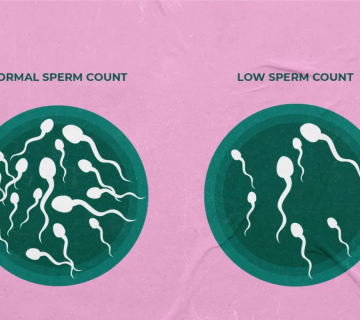
Advanced Maternal Age: Debunking Common Myths and Understanding the Facts
When it comes to pregnancy and age, there’s a lot of misinformation out there. If you’re 35 or older and thinking about having a baby, you might have heard some alarming things. Let’s clear up the confusion by debunking common myths about advanced maternal age and getting to the real facts.
Myth 1: Women Over 35 Can’t Get Pregnant Naturally
The Truth: While it’s true that fertility declines with age, many women over 35 conceive naturally. Your chances might be lower than in your 20s, but pregnancy is still very possible.
An experienced OB-GYN explains, “I see women in their late 30s and early 40s getting pregnant all the time. Age is a factor, but it’s not the only one.”
Myth 2: Pregnancy After 35 Is Always High-Risk
The Truth: Being over 35 does increase some risks, but it doesn’t mean your pregnancy will be complicated. Many women have smooth, healthy pregnancies well into their 40s.
A prenatal care specialist says, “With proper medical care and a healthy lifestyle, the majority of women over 35 have normal pregnancies and deliver healthy babies.”
Myth 3: All Babies Born to Older Moms Have Chromosomal Abnormalities
The Truth: While the risk of chromosomal abnormalities like Down syndrome does increase with age, the overall chances are still low. For a 35-year-old woman, the risk is about 1 in 350.
A genetic counselor notes, “Screening tests are available to assess risks early on. Most babies are born healthy, regardless of the mother’s age.”
Myth 4: Fertility Treatments Don’t Work for Women Over 35
The Truth: Fertility treatments can be effective for women over 35. Techniques like IVF have helped many women conceive later in life.
A fertility expert explains, “Advancements in reproductive technology have improved success rates for older women. Age is a consideration, but treatments are tailored to each individual’s needs.”
Myth 5: It’s Too Late to Start a Family After 35
The Truth: It’s never too late if you’re healthy and willing. Many women choose to start families later for various reasons—career, finances, or finding the right partner.
An emotional wellness counselor says, “Starting a family after 35 can be just as fulfilling. Age brings wisdom and stability, which are great assets in parenting.”
Understanding the Risks and Taking Action
While it’s important to be aware of the risks associated with advanced maternal age, it’s equally crucial to know that many of these risks can be managed.
Here are some steps you can take:
- Consult Your Doctor Early: Regular check-ups can help monitor your health and the baby’s development.
- Maintain a Healthy Lifestyle: Eat well, exercise, and avoid harmful substances like tobacco and excessive alcohol.
- Consider Prenatal Screening: Tests can provide information about your baby’s health and help you make informed decisions.
Conclusion
Don’t let myths and misconceptions hold you back. Advanced maternal age comes with its own set of challenges, but with the right care and information, you can have a healthy and happy pregnancy.
Remember, every woman’s journey is unique. Stay informed, ask questions, and make the choices that are best for you and your family.



